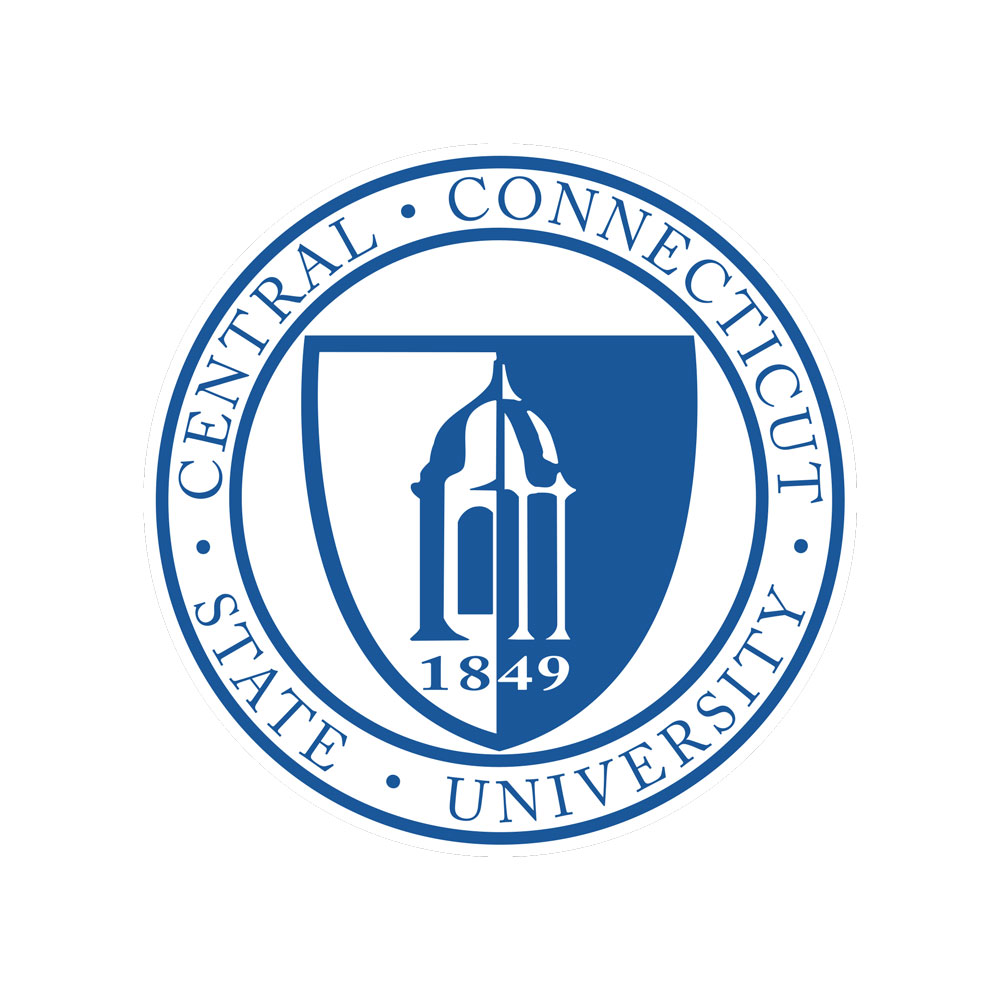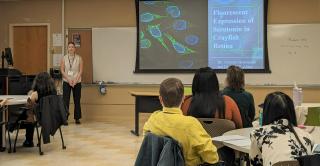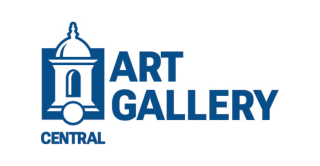
Central to Extrapolating the Possibilities.
Central’s innovative MS in Accounting gives an in-depth, working knowledge of advanced accounting issues and emerging technologies most relevant in today’s business environment.
Understand the theories behind accounting standards and practices, fund accounting concepts, and appropriate activities of individual funds. Learn details about audit planning, risk analysis, assessing internal control, executing audit procedures to substantiate validity of key financial accounts, and presenting audit findings in a final audit report.
Graduates succeed in a wide range of professional accounting careers in public accounting, industry, and government. This program prepares you to meet the educational requirements for CPA licensure in Connecticut.
Program Features
- Starts every January, May, and August
- 30-credit program
- Attend full- or part-time
- Classes offered evenings on-campus and online
- Aligned with current CPA academic standards
- Curriculum capitalizes on emerging technological trends and analytics
- On-campus recruitment by major CPA employers
- Financial aid is available

The Central School of Business is an accredited member of AACSB International- the Association to Advance Collegiate Schools of Business.



